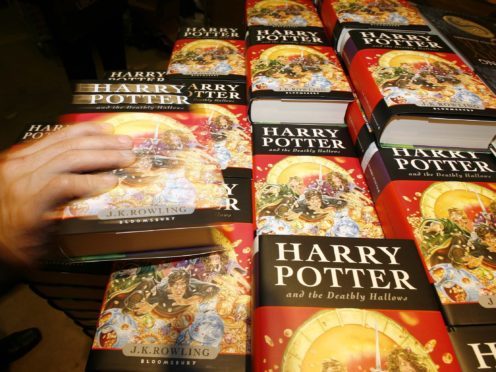Film, TV and theatre adaptations of books attract more revenue, viewers and critical acclaim, new research has shown.
The data has revealed that book adaptations attract an average of 44% more in UK film box office revenue, and 53% more globally, than original scripts and screenplays, and 58% higher viewership of “high-end” TV productions.
Between 2007 and 2016, 52% of the top 20 (by domestic box office gross) UK produced films were based on published material.
These films grossed £1.5 billion in UK box office revenue and £22.5 billion globally, accounting for 61% of total UK box office gross and 65% globally.
On average, these adaptations earned 44% more revenue in the UK than films based on original screenplays, equating to an extra £5.4 million per film.
The report – produced by Frontier Economics for the Publishers Association – highlighted that films adapted from books also performed better in terms of critical acclaim and awards.
Books are also a popular source for high-budget television series, with 40% of the 35 big series produced in the UK from January to September 2017 based on books. Only 26% were based on original material.
In the theatre, book-based productions make almost three times more in ticket sales than original scripts.
During 2016, 27 theatre productions adapted from books generated £25.8 million of revenue.
Publishers Association chief executive Stephen Lotinga said: “Storytelling is at the heart of the creative industries and often the best stories begin with a book.
“This research shows the hugely positive commercial impact British publishing is having on film, television and theatre as our incredible authors’ ideas are the source of so many successful productions.
“From the sprawling Harry Potter universe to the colourful stage adaptations of Roald Dahl’s timeless stories, British books are world-leading, and hold exceptional cultural relevance on a global scale.
“All of this success is only possible due to our gold-standard copyright system and at a time of great change we call upon the Government to do everything it can to continue to support us.”
